
Let's look for animal proverbs!
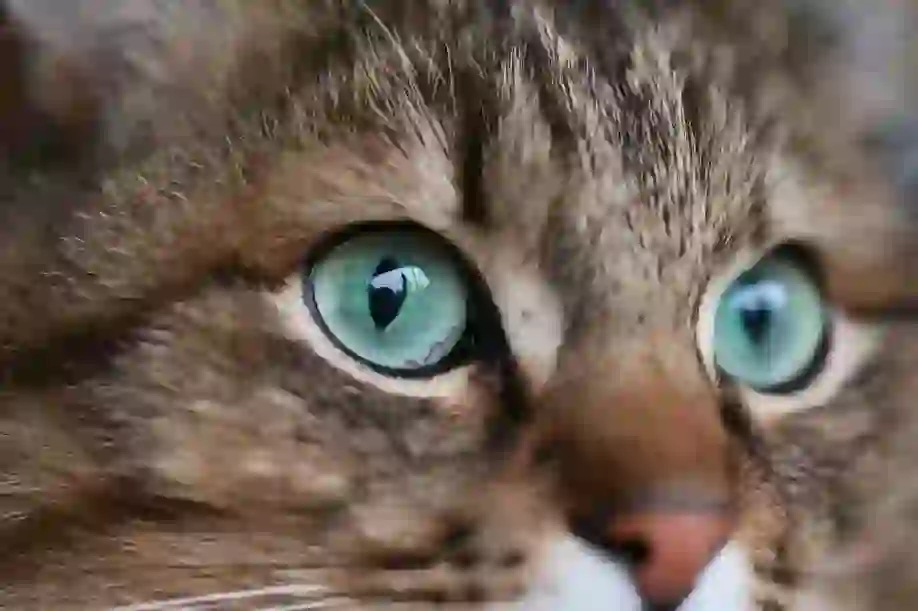
A Cat's Eye
When it comes to proverbs, many are phrased as short sentences, like 'Even monkeys fall from trees' or 'Even a dog can stumble upon a stick as it walks.' But did you know there are also very straightforward ones that simply refer to a body part? One such example is 'A Cat's Eye.' It's easy to remember and can easily be woven into casual conversation. Why not start learning it together from today?

Bitten by the Hand-fed Dog
Perhaps some of you have actually experienced being bitten by a dog you own! It's quite surprising and can be pretty painful, right? There are many other animals that bite, so why are dogs used in this proverb? In fact, there are reasons hidden in the unique nature of dogs. Let's dive into those secrets right away!
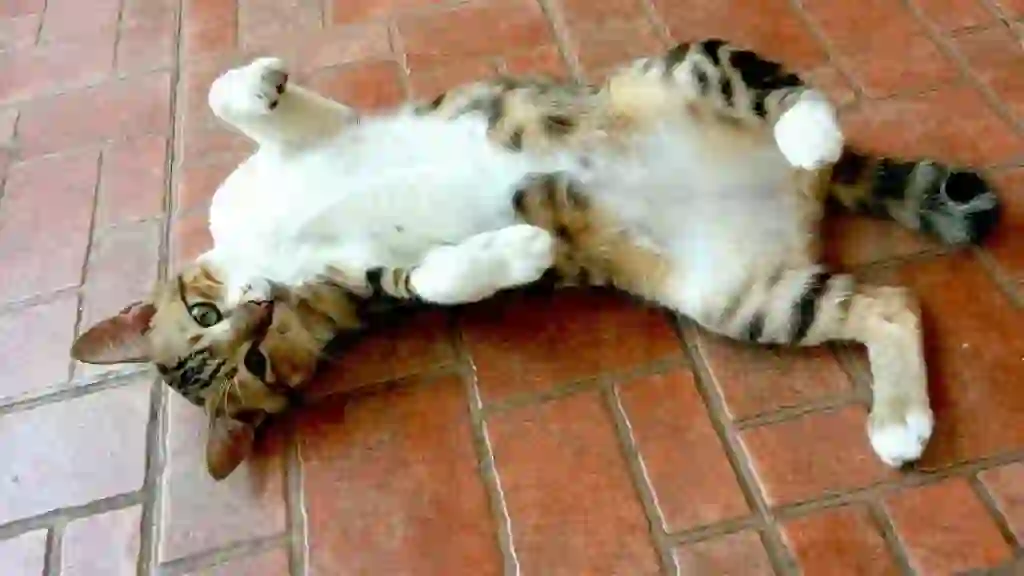
Catnip for Cats
Many of you might know the fact that 'catnip is a cat's favorite!' but it is also used as a proverb. The meaning is straightforward and easy to remember, so why not delve into it on this page and start incorporating it into your daily conversations from tomorrow?
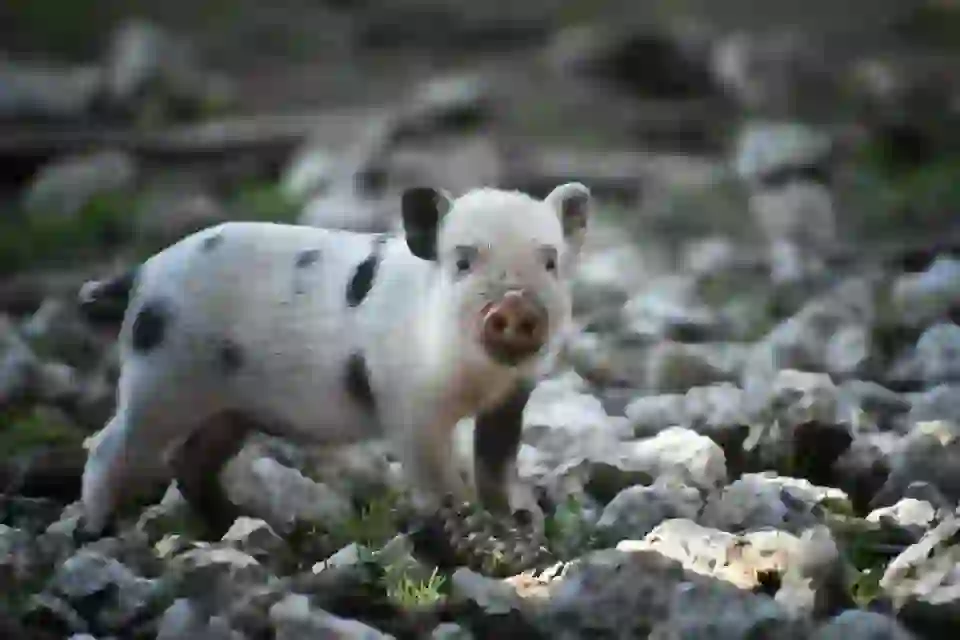
Chanting Buddhist Prayers to Pigs and Scriptures to Cats (Buta ni Nenbutsu Neko ni Kyo)
While proverbs featuring two animals are not uncommon, 'Chanting Buddhist Prayers to Pigs and Scriptures to Cats' is a somewhat obscure one that piques curiosity. You might understand pigs and cats, but what exactly is a 'nenbutsu'? And how do scriptures differ from it? Let's explore these questions and more as we delve into the proverb.
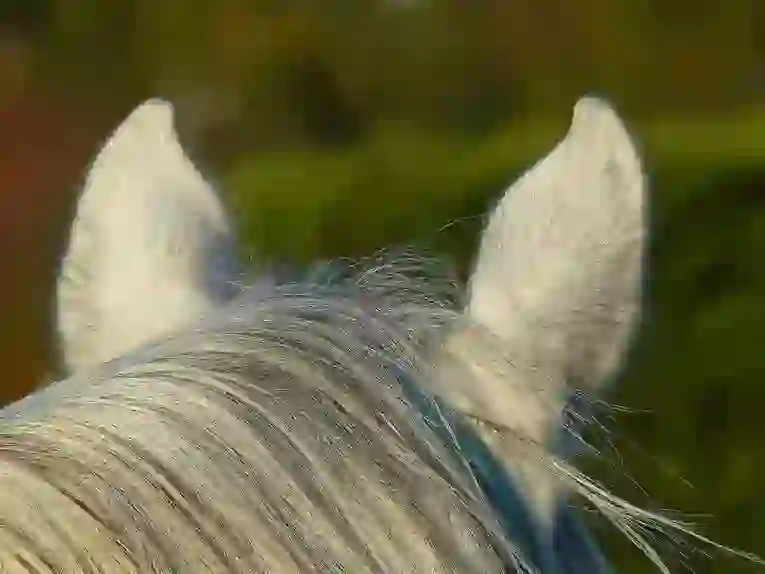
Chanting Buddhist Scriptures to a Horse's Ears
The famous Japanese proverb, 'Chanting Buddhist Scriptures to a Horse's Ears', might be familiar to many, but its origins might not be as well-known. Why specifically a horse? And why Buddhist scriptures? It's indeed a curious combination of words. Let's take this opportunity to delve deeper into the meaning and origins of this proverb.

Confucius to a Dog (Inu ni Rongo)
Have you ever heard of the proverb 'Confucius to a Dog'? Similar to 'Pearls before Swine' or 'Casting Pearls before Swine', some of you might be more familiar with this one. First of all, what is 'Confucius' or 'The Analects of Confucius'? This is a good opportunity to take a closer look at 'Confucius to a Dog'!
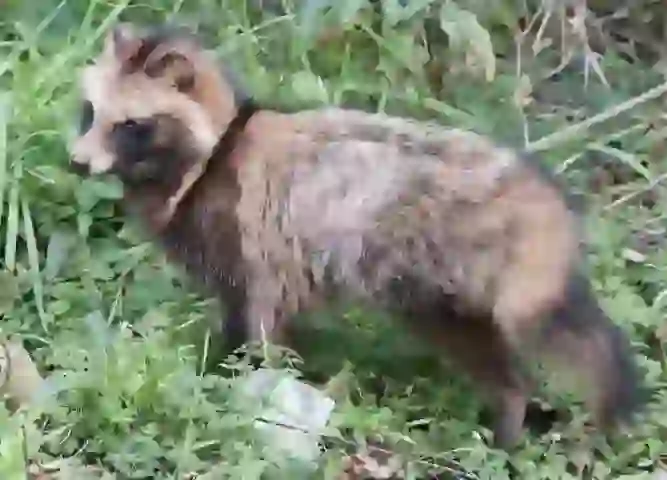
Counting Tanuki Skins Before Catching Them
Counting tanuki skins before catching them? You might have heard of it but might not be sure of the exact meaning. Are there those among you who have thought this way? Tanuki are still commonly seen animals today, but indeed, the term 'counting skins' is hardly used anymore. And why exactly is the tanuki used in this proverb... you might wonder! Let's delve into the origin of this proverb right away.
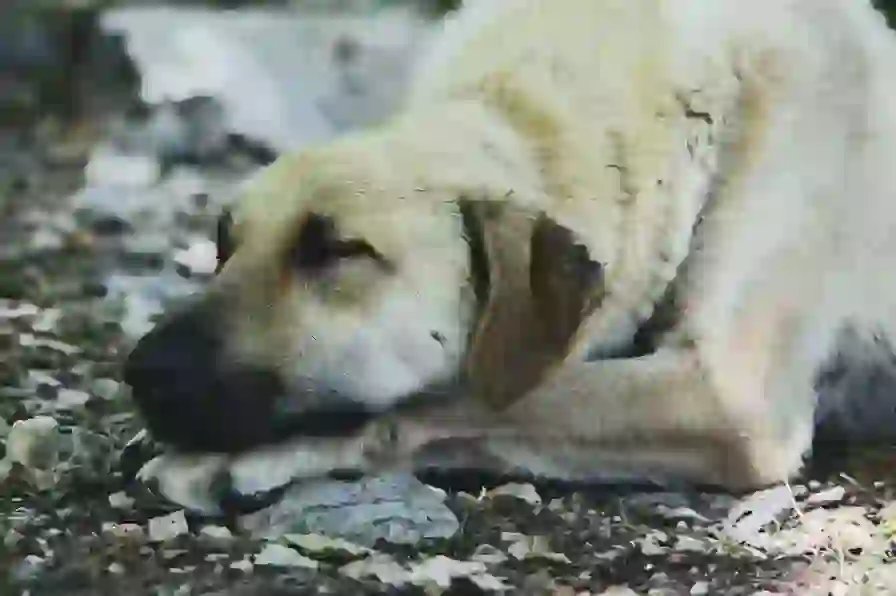
Couples' Quarrels Don't Interest Even Dogs
This proverb, involving the words 'couples' quarrels' and 'won't eat,' might initially conjure a negative image. But have you ever wondered what deeper meaning lies within? Why is a dog used in this expression, and what's the story behind its origin? Let's dive into the secrets behind it!

Everyone and Everything (Cats and Rice Paddles)
Have you ever come across a conversation in dramas or comics that goes, 'When something becomes trendy, everyone starts to imitate it, right?' 'Yeah, it's like everyone and everything are doing it.'? While cats are familiar to most, you might wonder, 'What's a rice paddle?' Surprisingly, 'rice paddle' refers to the tool used for serving rice. Now that we've unveiled the mystery of the rice paddle, why are these two elements combined in a proverb? Let's delve into the secrets behind it.

First Mount Fuji, Second Hawks, Third Eggplants
Have you ever been asked, 'What did you dream about on the first night of the New Year?' hoping to hear 'First Mount Fuji, Second Hawks, Third Eggplants' only to be disappointed by completely unrelated dream content? After the New Year begins, it's common to encounter such conversations. Indeed, this proverb is a symbol of auspiciousness, listing three famous elements. While Mount Fuji being Japan's highest peak makes its inclusion understandable, you might wonder, 'But why eggplants?' Let's delve into this mystery together and uncover the details.

Giving Gold Coins to a Cat
It's one of those famous proverbs you've probably heard at least once. Gold coins conjure up a sense of value and appreciation since they represent old currency. But what's the real meaning hidden behind this phrase? Let's explore its significance and origins together.
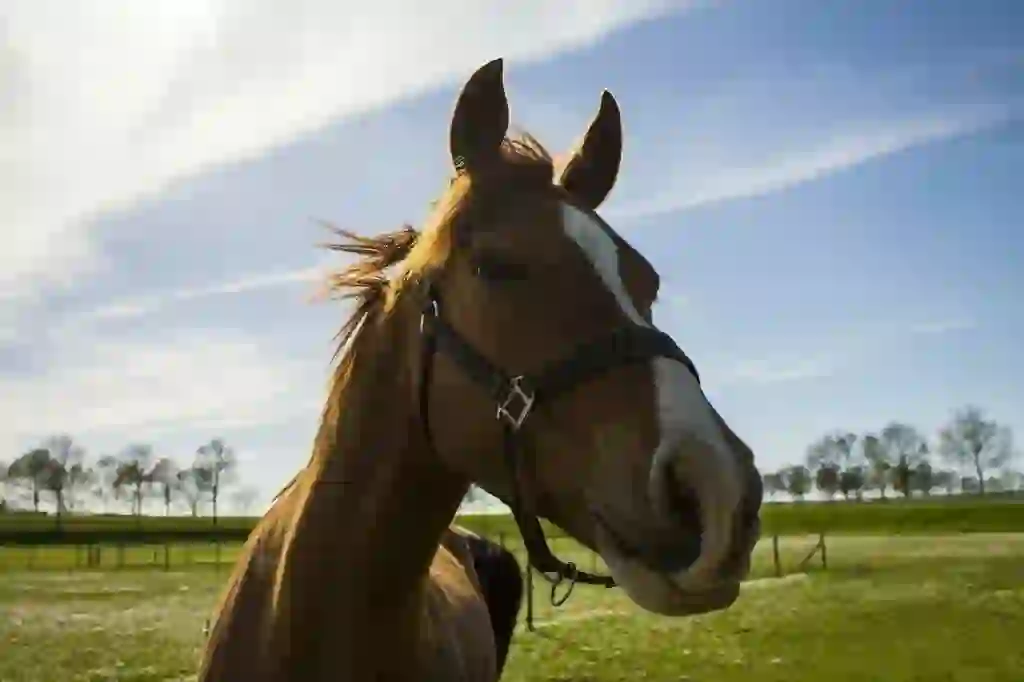
Horse's Ears and the Eastern Wind
Are you familiar with the proverb 'Horse's Ears and the Eastern Wind'? Perhaps you're more familiar with 'Pearls before swine'? It turns out, these two have a deep connection. Why not take this opportunity to delve into the secrets behind both 'Horse's Ears and the Eastern Wind' and 'Pearls before swine'?
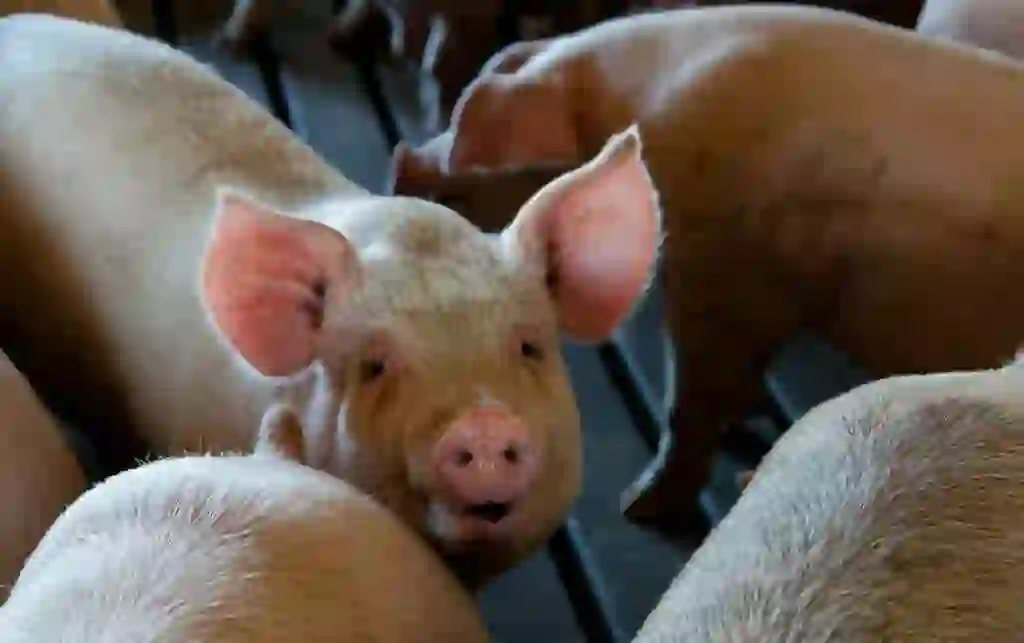
Pearls Before Swine
Have you ever heard the proverb 'Pearls Before Swine'? At first glance, it might seem like an unlikely pairing between an animal and a luxury item, but it actually has an interesting origin. Let's dive into the details of this proverb and uncover its meaning.
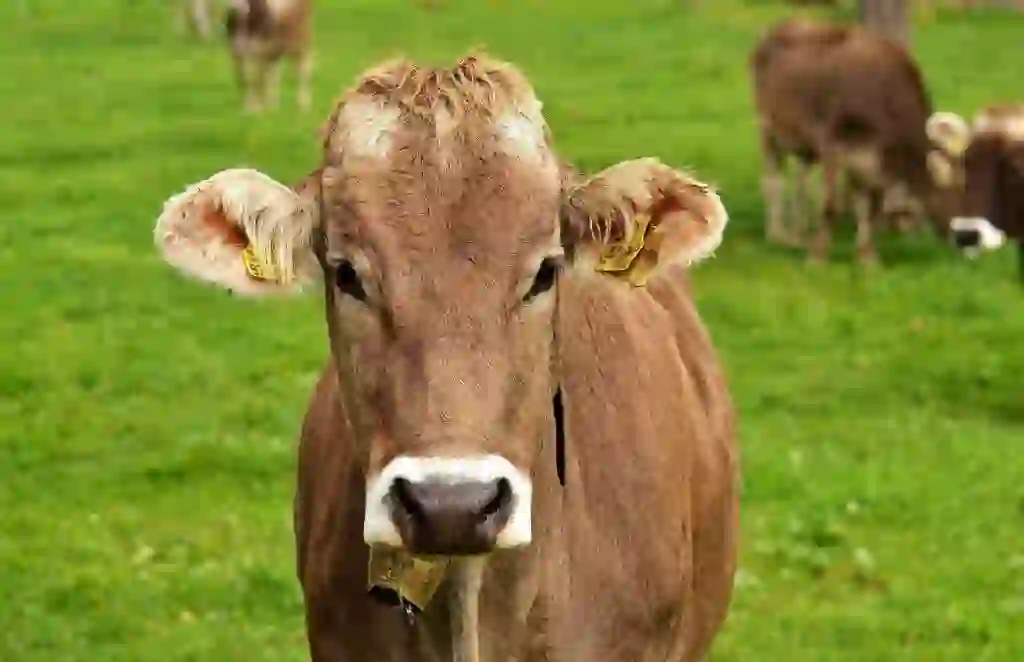
Playing the Koto to Cows
This proverb might seem a bit complex at first glance, leaving one to wonder about its meaning. Perhaps it's the first time you've heard of it? By the way, the 'koto' mentioned here is a traditional Japanese stringed musical instrument, and 'playing' translates to the act of playing it. So, what backstory lies behind the act of playing the koto to cows? Let's delve deeper together and uncover its origins.

Sutras to a Cow (Ushi ni Kyoumon)
Are you familiar with the proverb 'Sutras to a Cow'? It's not something you might hear often, and you may be more familiar with proverbs like 'Pearls before swine' or 'Water off a duck's back'. The term 'Sutras' itself might be unfamiliar to many. Given the plethora of similar animal-related proverbs, why not take this opportunity to learn another one?
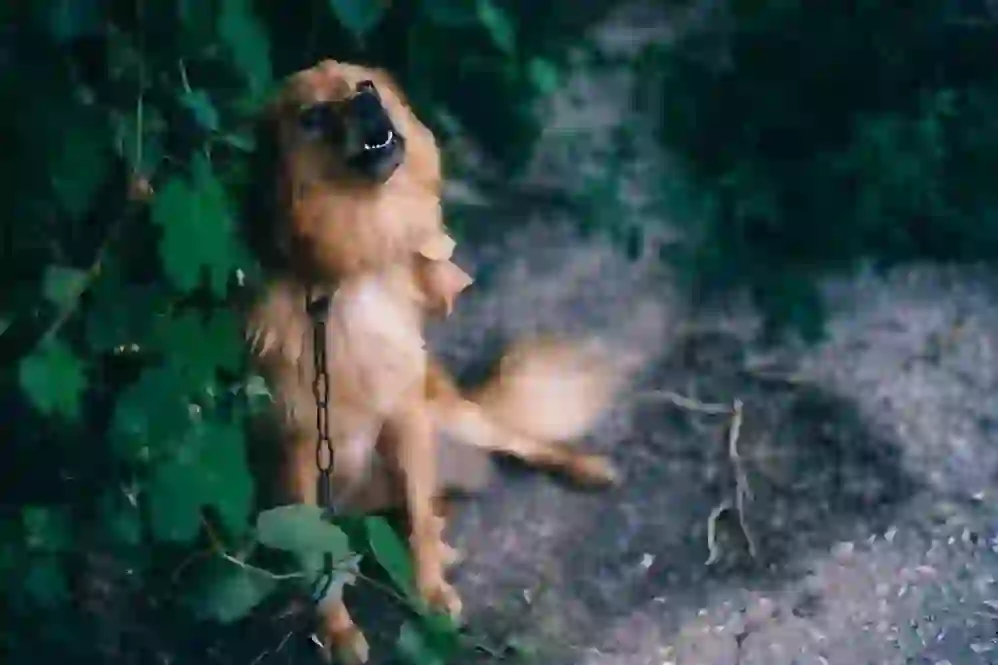
The Distant Howls of a Dog
Have you ever heard of the proverb 'The Distant Howls of a Dog'? Is it referring to the 'woof' sound a dog makes when howling in the distance? Were you even aware that it existed as a proverb? You might be wondering why this particular behavior became a proverb. Let's set off to uncover this secret!
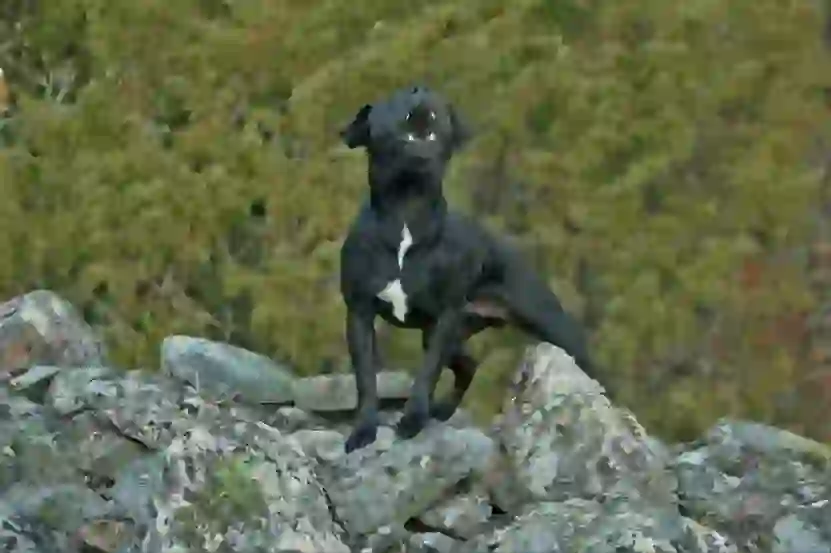
The Distant Howls of the Loser Dog
The phrase 'The Distant Howls of the Loser Dog' might not conjure the most positive image, but it's likely something many have heard before. Interestingly, there's also a proverb called 'The Dog's Distant Howl', and while the two may seem similar, their meanings differ. Let's dive into what sets them apart.

The Dream of a Butterfly
The Dream of a Butterfly is one of those proverbs that sounds wonderfully poetic! Its origins, too, are somewhat ethereal and carry a touch of melancholy hidden within. Unlike proverbs that clearly categorize things as good or bad, it has a different vibe. Why not take this opportunity to delve into the meaning behind The Dream of a Butterfly?
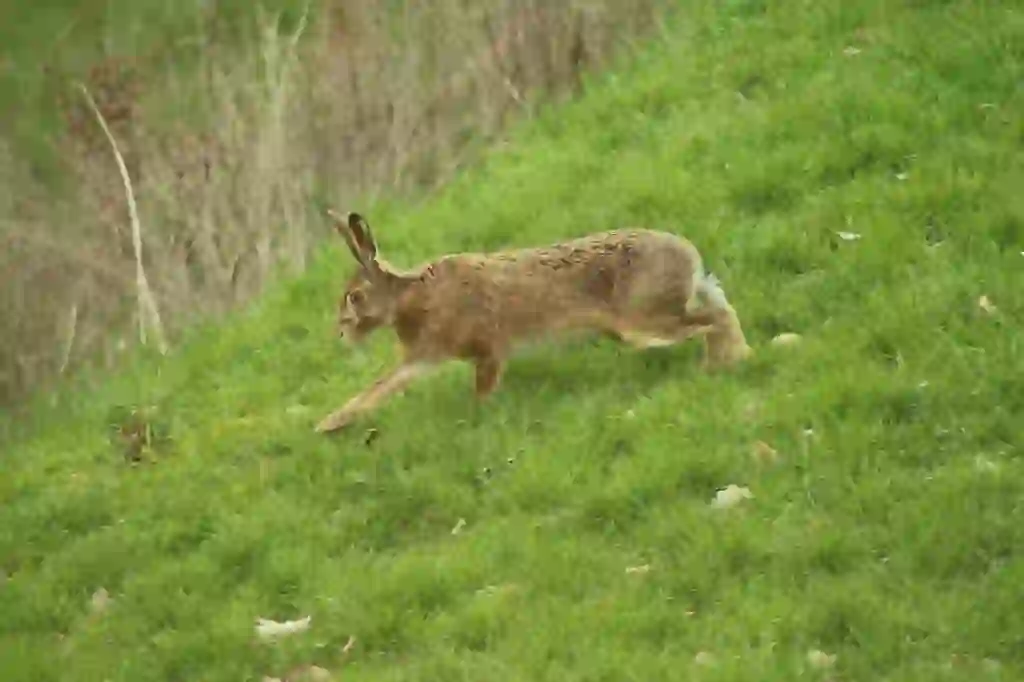
The Rabbit's Uphill Climb (Usagi no Nobori-zaka)
Being chosen as a relay runner but lacking confidence due to a preference for long-distance races. 'In that case, I'll take your place. I'm good at sprints, so it'll be like a rabbit's uphill climb for me!' This proverb might sound peculiar to some, especially if it's their first time hearing it. Rabbits are indeed known for their proficiency in running, but why are 'rabbits' and 'slopes' used in this proverb? The secret actually lies in a specific physical characteristic of rabbits. Let's dive in and uncover this secret!
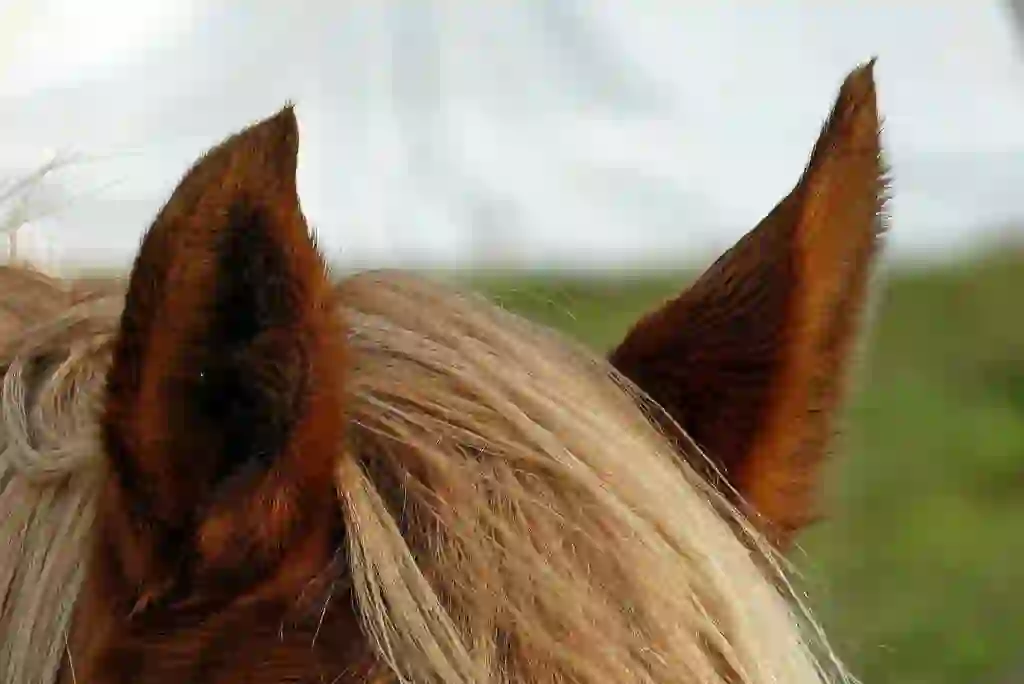
Wind in the Horse's Ears
Are you familiar with the proverb 'Wind in the Horse's Ears'? You might know 'Nembutsu in the Horse's Ears', but wonder how these two differ. Indeed, both proverbs involve 'horses' and 'ears', yet their meanings slightly vary. Let's dive into their origins and meanings to understand the distinctions.
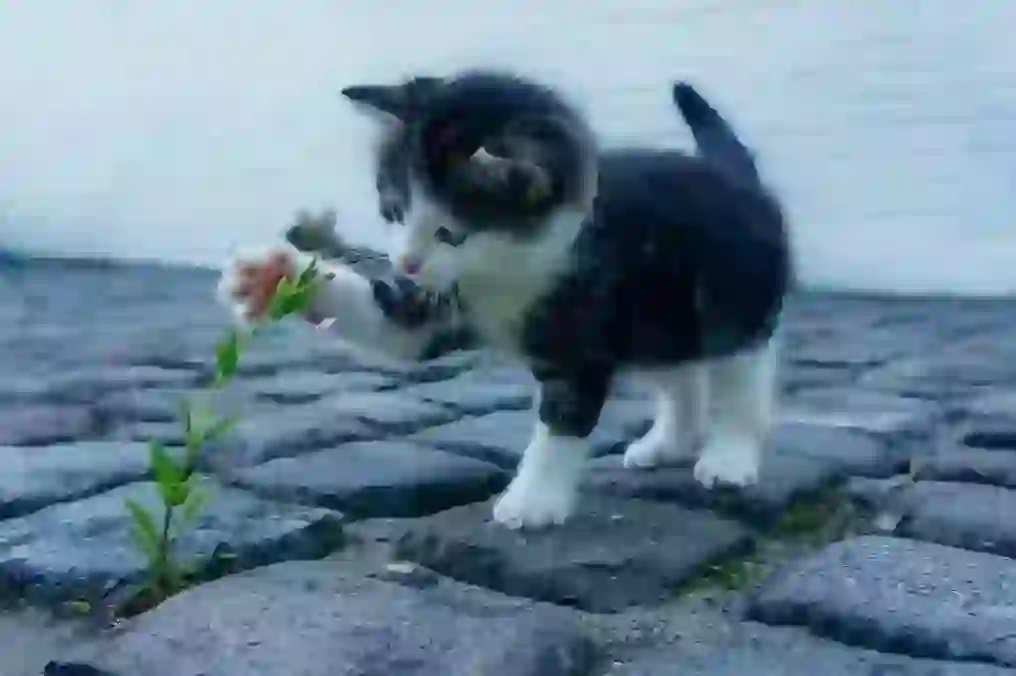
Wishing Even for a Cat's Help
Have you ever felt so overwhelmed with work or household chores that you wished you could enlist even a cat's help? Many might have used or heard this expression without fully understanding its specific meaning. Why not take this opportunity to delve into its significance and origins?

















